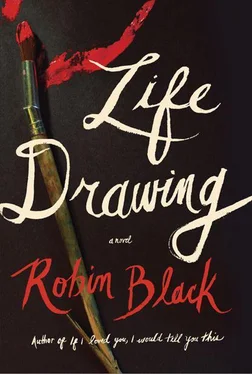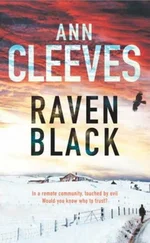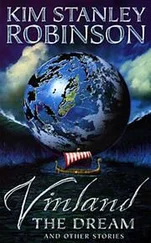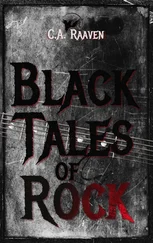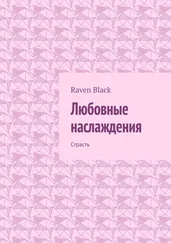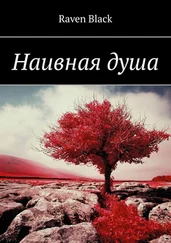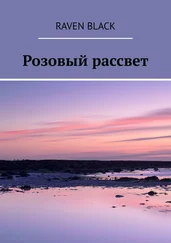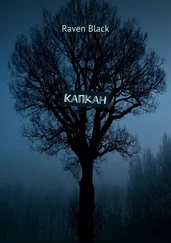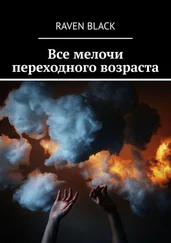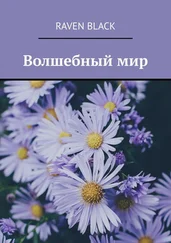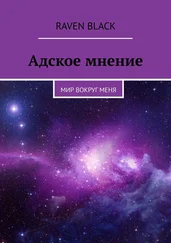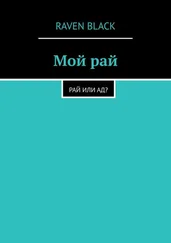“Drive safely,” I tell her.
“You too,” she says to me.
“Jan,” I say, just as she’s leaning to pick up her box. “I was wondering. Do you ever go to the cemetery?”
She looks at me for a moment, clearly surprised. “We go on Charlotte’s birthday. Once I went on Mother’s Day, but we decided it was better to spend that with Letty’s mother, who was clearly hurt by our opting for a grave over her. Why?”
“No reason. I don’t know. Maybe it’s Dad. I don’t know. Nothing really.”
But I want to say: I have never known what to do with them. The ones who aren’t here. I don’t understand it. I have never understood it. The love I felt and didn’t feel for our mother. The gash to my heart where Charlotte lived . I want to ask her: Do you believe they still exist?
But instead, I say, “This was tough, I suppose. I just have cemeteries on the brain today. The obvious reasons. Plus there’s some related work that I have going on.”
“You can come with us any time you want.”
I shrug it off with a muttered, “Thanks, but I doubt … Maybe sometime. Or maybe …” I look right at her. “Maybe instead, you and Letty could come see us? For an afternoon? Or a meal? We should spend more time together. We shouldn’t only see each other here. Or at the cemetery. I mean, we shouldn’t ground all our contact in misery. And we’d love to have you visit. To spend some time together among the living.”
Once again, she looks surprised. “To be honest, Gus, I didn’t think you and Owen were much up for having visitors. I’ve always gotten the sense that you’re opting for total seclusion there.”
There is no mistaking the irritation in her voice.
“I don’t know. I suppose, we’ve been … I’m sorry if we’ve seemed unwelcoming. It’s been … it’s been different lately. We’re in a somewhat different place. Things are … it’s different. We would love to have you come sometime.”
I’m not sure what to make of the expression on her face. Maybe there are questions she wants to ask, but cannot phrase. We always seem to be teetering on the edge of intimacy and then creeping back to the safety of something more familiar and more remote. “We’d love to come sometime,” she finally says. I mutter again about finding a good day; then we both pick up our boxes and go to our cars.
Jackie Mayhew’s grave is in a cemetery that sprawls in a giant circle around the old Presbyterian church, which was originally stone but then encumbered over time with additions so incongruous they look to have been made by another species, one that worships a far less picturesque deity. It was late afternoon as I pulled into the lot, the sun already low enough that every shape was shadowed. And the air smelled of a nearby farm, manure and hay.
I hadn’t planned the stop in advance, but on my way back from the home that day it felt right.
A few days earlier, after the farmers’ market, I had turned once again to the obituaries I’d been focusing on, but this time, my thoughts on Kathleen Mayhew, I read the lines I had been skipping as somehow irrelevant to my needs. Services will be held at … Burial will take place in … I looked some of the churches up online and all were within twenty minutes of my home. Doubtless, I had driven by them dozens, hundreds of times, pushing them to the periphery of my thoughts.
I had long hated cemeteries. Maybe that would have been different had our father taken us to visit our mother’s grave — or maybe I would have hated them more. Either way, it wasn’t in his character to march his three girls, ducklings in a row, in woolen coats, as I have always pictured us, the image fused with all those stills of Caroline Kennedy, the mourning girl-child for a generation of us. Even if we had been allowed to acknowledge our mother, I don’t believe he would have seen the point to having us stare at a stone, a strip of lawn, as though we could communicate with it all somehow. As though the grave were a she who would see how we had grown.
I did go there once with Charlotte on a summer evening when I was sixteen. We were both a little drunk and there was the energy of a dare in the air, like children goading each other onto the crabby neighbor’s lawn despite warnings, with no real motive in mind beyond because we can —or so it felt until, standing there in the tidiness of the rows, staring at my mother’s name, those dates, it occurred to me in that sloppily acute way of tipsiness to ask, “Wait, how did you even know where she is?”
“Oh, I just like to come here sometimes,” Charlotte said, not looking at me. “I like to say hi.”
Jan is the brain of us; Charlotte was the heart; and I, I sometimes think I am the skin, not constructed for logic or even truly for love, but designed instead for trying, always trying to keep the world apart from my being, to prevent myself from coming undone.
We sat on the ground for an hour or so that night, and we talked about the future, Charlotte’s return to Oberlin in only days, my dreams of art school, of a life littered and studded with all the chaotic beauty our father seemed to fear.
“He does his best,” Charlotte said. “He tries really hard.”
“He can be such an asshole,” I said. Something like that.
As we spoke, I thought about the woman below us — of course. I wondered if I would feel her waft up to embrace us. Would something in my heart flutter, expand? I so wanted it to. But she belonged more to my sister than to me. Whatever presence Charlotte felt, I could not feel. Maybe Charlotte had taken me on this visit to try and pass on some strand of their connection; but I was unable to grasp the thread. I certainly never went back. Not until Charlotte herself died and our father bought a plot for her near theirs. And then, silently, foolishly, I was glad for their proximity. My conviction that the dead are dead are dead are dead had hardened, as had I, yet this tiny indefensible comfort at having my mother and my sister buried so close shimmered in me like a single, dewy blade of new green grass.
At Jackie’s cemetery, the graves nearest the church were the earliest, barely legible dates all beginning with 17; and then, farther out, the 1800s. War dead. War dead in almost every generation. But also dead of every imaginable sort. Dead as varied as the living. Babies. Ancients. Beloveds and those who evoked no eternal adjective; nothing but the facts. And then of course the central fact, the only fact. To walk outward in this field was to progress through a calendar of only one date. If I kept on long enough, I knew, I would find the place, still just grass, marking the time of my own end, a time when the bodies of my peers-in-expiration would begin to arrive; and then if I went farther I would reach in some too-close grassy patch a time beyond the range of my own life.
The late-nineteenth- and early-twentieth-century stones were ornate compared to those before, but then notably less so during the years of the war, the period of the Spanish flu. It seemed not only as though the stonecutters had been overwhelmed with work, but that the peculiar exultant joy of it had all gone flat. No more celebration of lives well lived or the opening of Heaven’s gates. Here was a humbled bow to reality — the plain granite, the right angles. The spirit deflated by relentless young demise. I knew I would find Jackie soon and I almost turned back, beginning to fear that this inescapably physical world would squelch the Jackie of my imagination, the boy brought back to life. But something felt important enough to me that I kept on until I found the small gray stone.
John “Jackie” Mayhew
Beloved Son
April 1901–May 1918
Читать дальше
